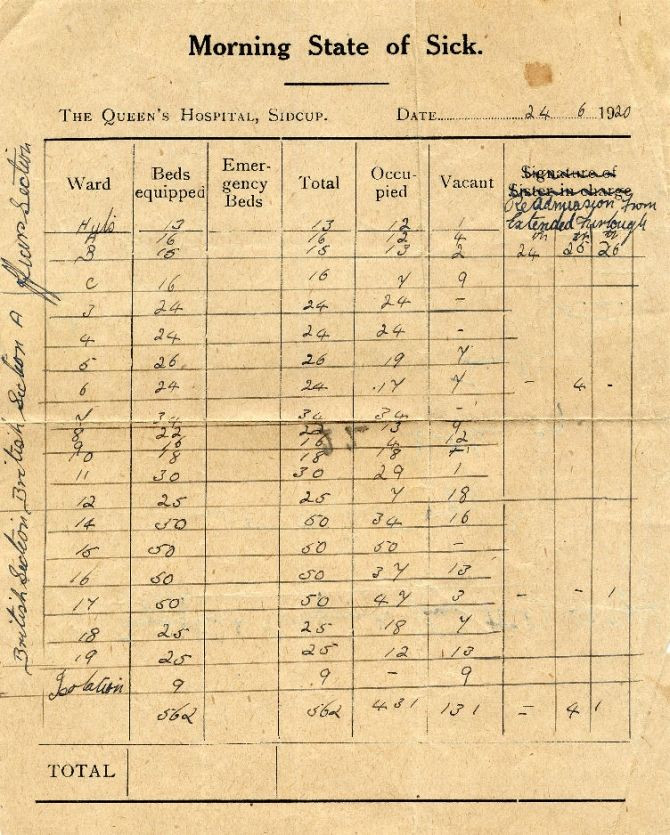Pioneering WWI Plastic Surgery Records, "Before" and "After" Images Released

Surgical records demonstrating the revolutionary work of Dr. Harold Gillies, a pioneer plastic surgeon renowned for developing some of the world's first successful skin grafts and plastic surgery techniques to treat soldiers who were left severely disfigured during World War One, has been newly released by The Queen's Hospital in Sidcup, UK.
Dr. Gillies, who is considered the father of modern plastic surgery, performed around 11,000 operations on nearly 3,000 soldiers, at the hospital between 1917 and 1925.
His hard work for helping improve his patients' lives earned him a knighthood in 1930.
“Dr. Harold Gillies was a founding figure in the history of plastic surgery, developing innovative procedures to help reconstruct the faces of badly injured soldiers and airmen, whose facial injuries were caused by bullet wounds and flying shrapnel and needed extensive bone, muscle and skin grafting to restore their appearance," Dr. Sam Alberti, Director of Museums & Archives at the Royal College of Surgeons, said in a news release.
"Most notably, Gillies introduced the tubed pedicle which used the patients’ own tissue to aid reconstructive surgery and reduce the chance of rejection," he added.
However, up until now, very little has been revealed about the stories behind the surgeon's work, and details documenting Gillies' surgical procedures, including "before" and "after" pictures have now been released on the 130th anniversary of the surgeon's birth and 95th anniversary of The Queen's Hospital where modern plastic surgery is said to have originated.
“The files associated with his work are an unparalleled resource for the study of this important branch of medicine and family history,” Alberti said.
The records, available to the descendants of Gillies' patients on the website findmypast.co.uk, are an index of the 2,328 soldiers who were treated at the Sidcup hospital during the Great War and in its aftermath, and includes their names, regiments, ranks and the injuries they sustained.
"The medical world owes a great deal to Dr. Gillies, as do those who were treated by him in the early twentieth century and anyone who has ever received plastic surgery treatment since then. Without his pioneering developments in this field, plastic surgery might not be as advanced as it is today," Debra Chatfield, a family historian at findmypast.co.uk, said in a news release.
"These records are an important source of information for historians, the medical world and those interested in learning about the reality and aftermath of World War I," she added.
Published by Medicaldaily.com



























